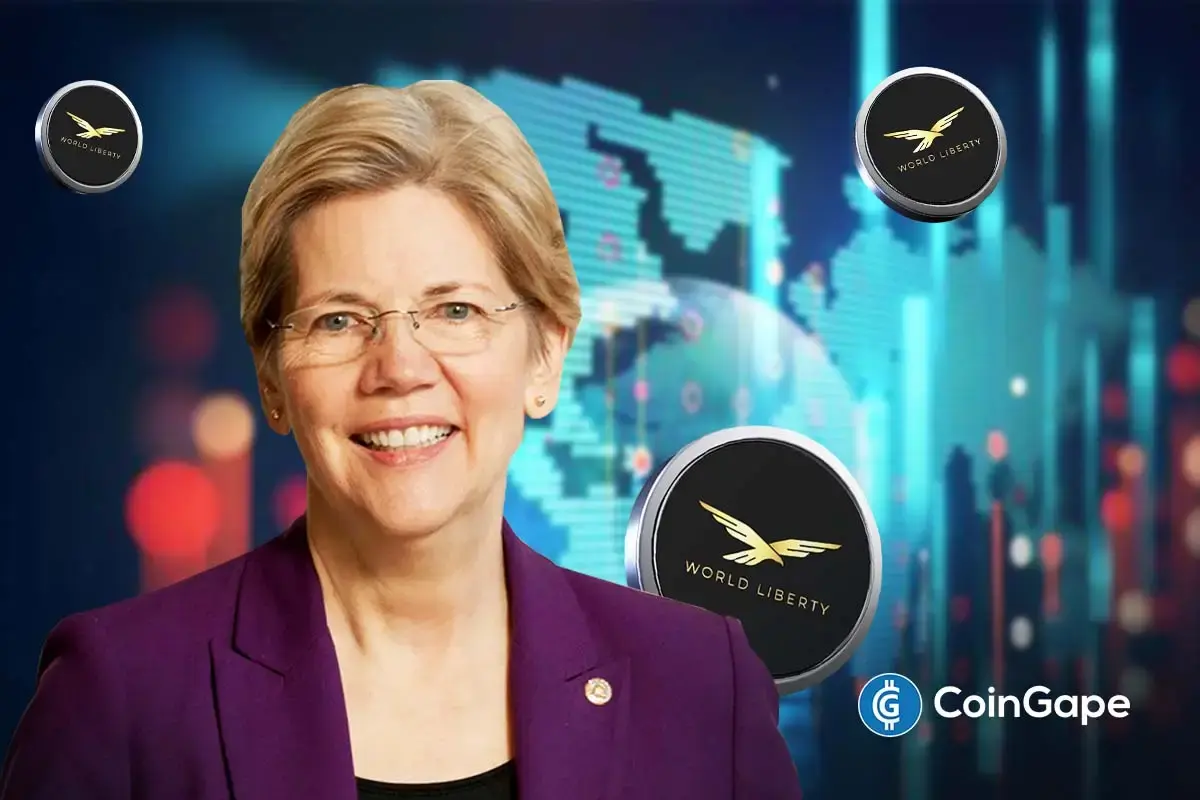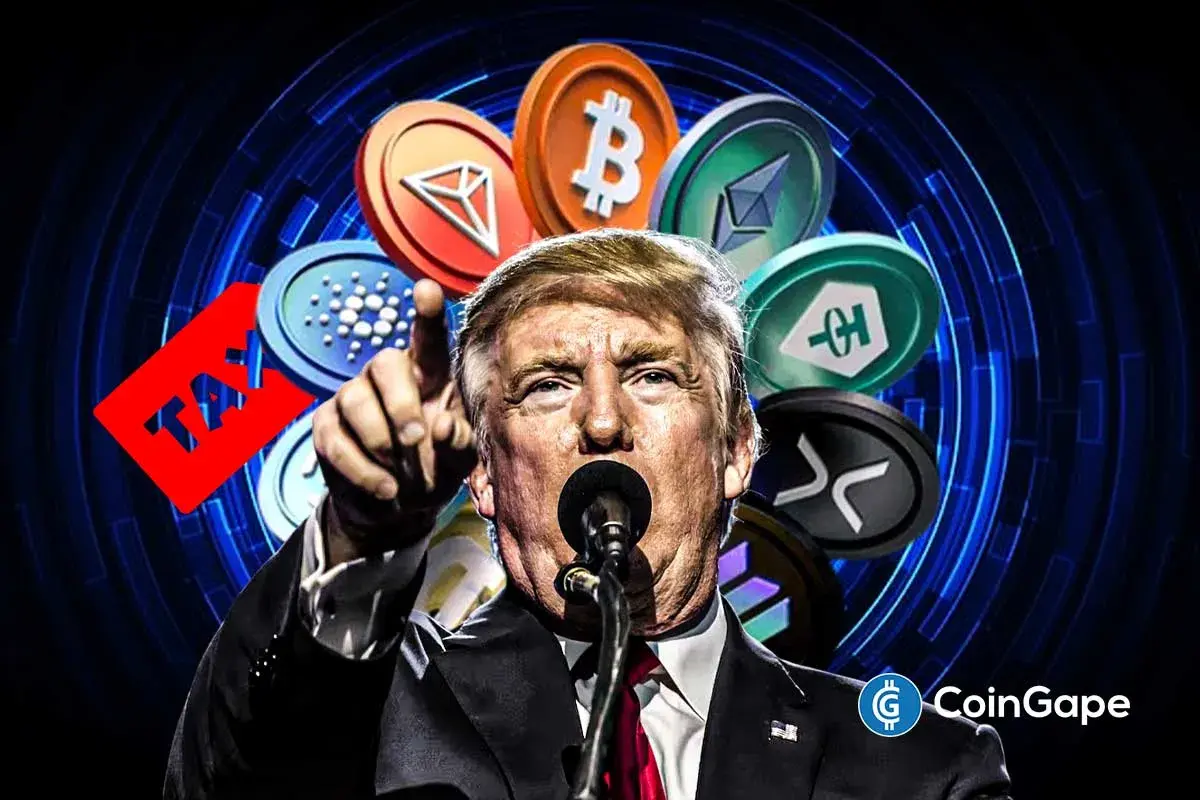US Presidential Candidate Ron DeSantis Vows To Protect Bitcoin If Elected

On Wednesday, May 24, Florida Governor Ron DeSantis launched his US Presidential Campaign on Twitter Spaces along with Elon Musk. With nearly 300,000 listeners tuned in DeSantis said that he would surely protect Bitcoin if elected.
“I think people should be able to do Bitcoin. As president, we’ll protect the ability to do things like Bitcoin,” he said.
The comments come at a time when the US regulators have turned hostile to cryptocurrencies. US SEC chair Gary Gensler stated that almost every cryptocurrency falls under the category of ‘securities’ and comes under their jurisdiction. However, Bitcoin, in particular, has stayed away from the securities debate while most of the top regulators recognize it as a commodity.
In the primary election, Republican Candidate Ron DeSantis will take on former President Donald Trump. In the past, DeSantis has also shared his support for decentralized cryptocurrencies. While acknowledging the underlying risks, the Florida Governor stated that people should be able to make their own decisions. DeSantis said:
“I just do not have an itch to have to control everything that people may be doing in this space, and I think the current regime, clearly, they have it out for bitcoin, and if it continues for another four years, they’ll probably end up killing it”.
Ron DeSantis Lashes Out At CBDCs
While the US and other central banks worldwide have fast-tracked their development of a central bank digital currency (CDBC), Florida Governor Ron DeSantis came lashing out at them.
He believes that CBDCs are not good for Americans and shall be used for surveillance purposes by the Federal government in order to control the financial habits of US citizens. Earlier this month, DeSantis passed a proposed bill to make CBDCs illegal under the Florida Uniform Commercial Code.
He said: “I don’t think Congress would authorize it (CBDC bill). We are trying to protect people from CBDCs in Florida. That would mean a huge imposition in people’s financial freedoms and financial privacy. If the central authority has control over it, they would start imposing environmental, social and governance (ESG) criteria.”
Play 10,000+ Casino Games at BC Game with Ease
- Instant Deposits And Withdrawals
- Crypto Casino And Sports Betting
- Exclusive Bonuses And Rewards

- Breaking: U.S. PPI Inflation Rises To 2.9%, BTC Price Falls
- XRP News: Ripple-Backed Ctrl Alt Completes $280M in Diamond Tokenization on XRPL
- Bitwise CIO Calls Bitcoin Selloff ‘Classic Cycle,’ Dismisses Manipulation Rumors
- Cardone Capital Takes Real Estate On-Chain With $5B Tokenization Plan
- Senator Elizabeth Warren Targets Trump-Affiliated World Liberty Financial Over Bank Charter Bid
- Top 2 Price Predictions Ethereum and Solana Ahead of March 1 Clarity Act Stablecoin Deadline
- Pi Network Price Prediction Ahead of Protocol Upgrades Deadline on March 1
- XRP Price Outlook As Jane Street Lawsuit Sparks Shift in Morning Sell-Off Trend
- Dogecoin, Cardano, and Chainlink Price Prediction As Crypto Market Rebounds
- Will Solana Price Rally to $100 If Bitcoin Reclaims $72K?
- XRP Price Eye $2 Rebound as On-Chain Data Signals Massive Whale Accumulation

 Buy $GGs
Buy $GGs

















